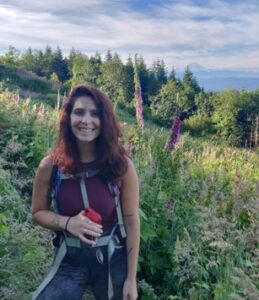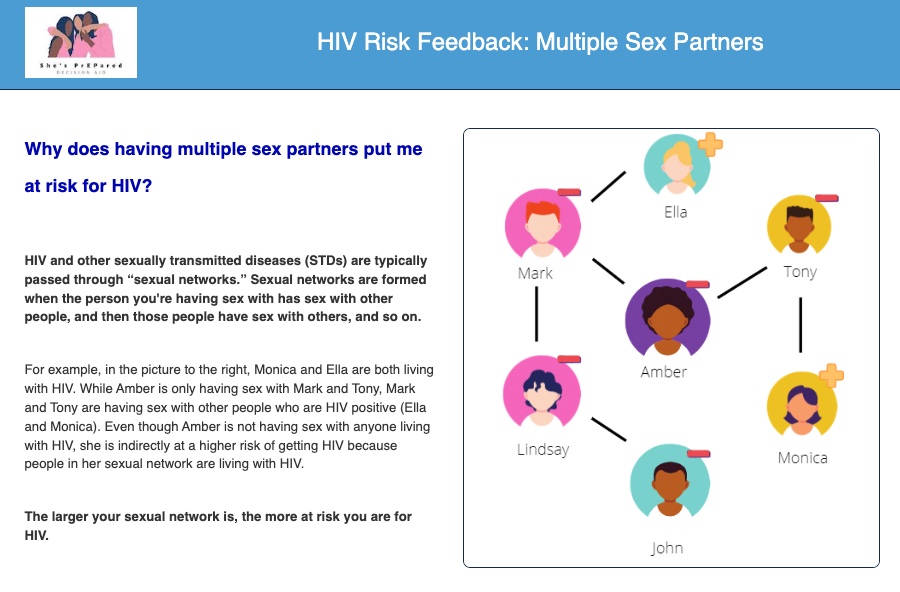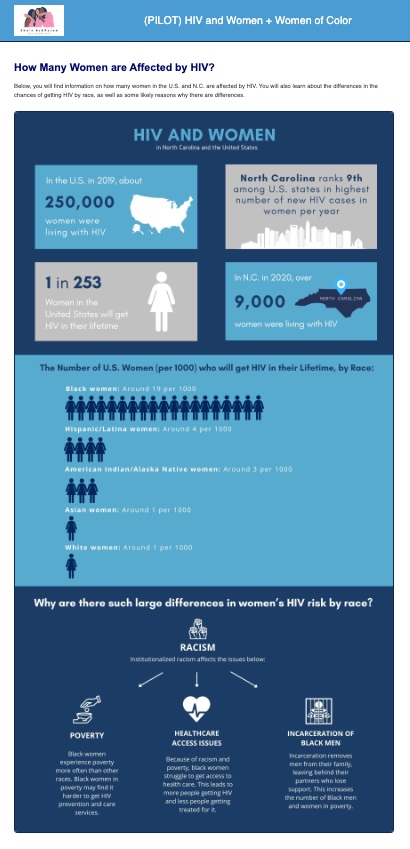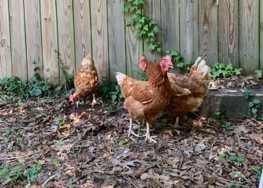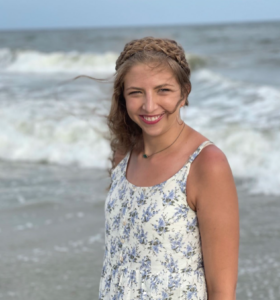It feels very surreal to be writing about my practicum experience as I prepare to leave Malawi. Time has gone by so quickly this summer, and yet I feel as though I’ve been here for years, not months. Working with the incredible group at UNC Project-Malawi and the amazing HIV-Engagement and Adolescent Depression Support (HEADS-UP) team in Chapel Hill and Lilongwe has been such a great experience. While in Lilongwe, I have been assisting in the preparation of the HEADS-UP formative study. HEADS-UP is an adaptation of the Friendship Bench intervention for adolescents living with HIV (ALWH) in Lilongwe, Malawi. I have worked on research projects before, but this experience was especially exciting because I was able to learn the process of what needs to happen before the study can officially start with participants. I have worked on creating forms (screening, enrollment, checklist, etc.), writing a standard operating procedure (SOP) for the formative interviews, and working with the research coordinator, Steve, to meet and discuss HEADS-UP with members of the ministry of health (MOH) and district health management teams (DHMT). As I’m winding down, I am able to work on assisting a teammate, who has just arrived and will be at UNC Project-Malawi for a year, transition to working for the study on site.
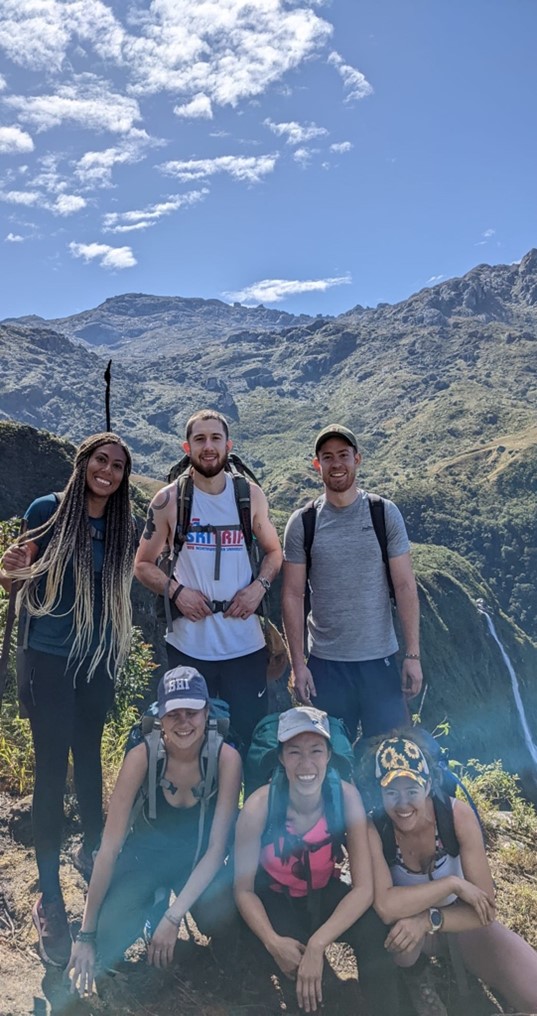

This practicum experience gave me more clarity on what I would like to continue pursuing in the future after my MPH at Gillings. I have been in the research field for about 5 years, and particularly love working with participants. I’ve found that research is usually not able to provide direct benefit to participants, but the outcome could be beneficial to many in the future. I feel that I would like to work more directly with people and communities to provide more immediate assistance, if possible. I am coming out of my practicum with deep appreciation and love for the research field, but I also feel confident that I would like to pursue other options in the global health field such as international development or humanitarian aid work. Without my time here I may have not come to the same understanding of my future career goals and what I would like to pursue further. I am incredibly grateful to the HEADS-UP team, UNC Project-Malawi, and UNC Gillings School of Global Public Health for such an amazing opportunity.
All the best,
-Amiah

